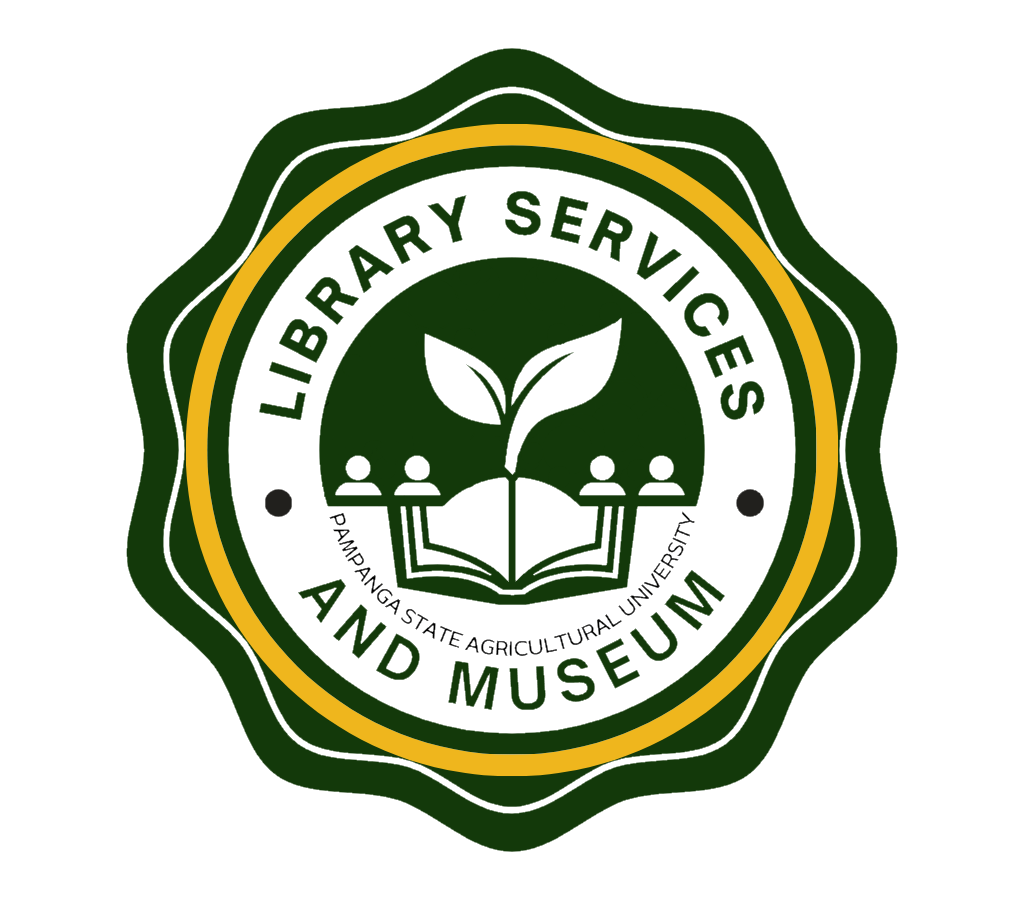Optimization of Spray Drying of Mango Leaves using Response Surface Mathodology (Record no. 16095)
[ view plain ]
| 000 -LEADER | |
|---|---|
| fixed length control field | 02421ntm a2200169 a 4500 |
| 001 - CONTROL NUMBER | |
| control field | 135248 |
| 003 - CONTROL NUMBER IDENTIFIER | |
| control field | 0000000000 |
| 005 - DATE AND TIME OF LATEST TRANSACTION | |
| control field | 20250408094719.0 |
| 008 - FIXED-LENGTH DATA ELEMENTS--GENERAL INFORMATION | |
| fixed length control field | 230403n 000 0 eng d |
| 100 0# - MAIN ENTRY--PERSONAL NAME | |
| Personal name | Baysac,James Ashley E. |
| 245 00 - TITLE STATEMENT | |
| Title | Optimization of Spray Drying of Mango Leaves using Response Surface Mathodology |
| Medium | [manuscript] / |
| Statement of responsibility, etc. | James Ashley E. Baysac. |
| 260 ## - PUBLICATION, DISTRIBUTION, ETC. | |
| Place of publication, distribution, etc. | Magalang, Pampanga : |
| Name of publisher, distributor, etc. | Pampanga State Agricultural University, |
| Date of publication, distribution, etc. | August 2022. |
| 300 ## - PHYSICAL DESCRIPTION | |
| Extent | xiii, 72 leaves ; |
| Dimensions | 28 cm. + 1 computer disc (4 3/4 in.) |
| 500 ## - GENERAL NOTE | |
| General note | ABSTRACT The main objective of the study was to optimize the spray drying of mango leaves using Response Surface Methodology (RSM). The Box-Behnken experimental design (BBD) was used to obtain the optimum process parameters for spray drying Carabao mango leaves given the seventeen (17) completely randomized factorial experimental design values. The effects of the process variables namely: inlet temperature m °C, concentration ratio, and maltodextrin on the responses [product moisture content, dry basis (MCdb) in %, drying capacity (dc) in kg/hr, and product recovery rate (RR) in kg/hr] were studied using RSM and BBD. According to ANOVA, the factors had no significant effects on the responses (p > 0.05) stating that all the treatments under varying optimization factor combinations had no difference to one another and that all treatments were the same. The response surface analysis revealed that there was no significant lack of fit for the MC of the product thus considering the model to be inadequate. The lack of fit test for the model for DC was significant hence the model was adequate. The model for RR was also adequate as there was a considerable lack of fit. The optimal conditions estimated for the process were inlet temperature of 89 °C, concentration ratio of :4.44 leaf-water, and maltodextrin of 14.56%. Mango leaves were run under these optimal conditions and underwent toxicological testing, shelf-life analysis, sensory evaluation, and cost analysis. The product was proven safe to consume, yet has a slightly high selling price value of P 1,727.76 per kg. The shelf-life analysis for 14 days revealed no harm to the product and consumers. |
| 700 1# - ADDED ENTRY--PERSONAL NAME | |
| Personal name | Mari Rowena c. Tanquilut, |
| Relator term | Adviser. |
| Withdrawn status | Lost status | Damaged status | Not for loan | Collection | Home library | Current library | Shelving location | Date acquired | Total checkouts | Full call number | Barcode | Date last seen | Price effective from | Koha item type |
|---|---|---|---|---|---|---|---|---|---|---|---|---|---|---|
| Not for loan | BSAg Eng'g | PSAU OLM | PSAU OLM | Dissertation, Theses | 04/03/2023 | UT B36 2022 | UT12843 | 04/08/2025 | 04/08/2025 | Theses |
